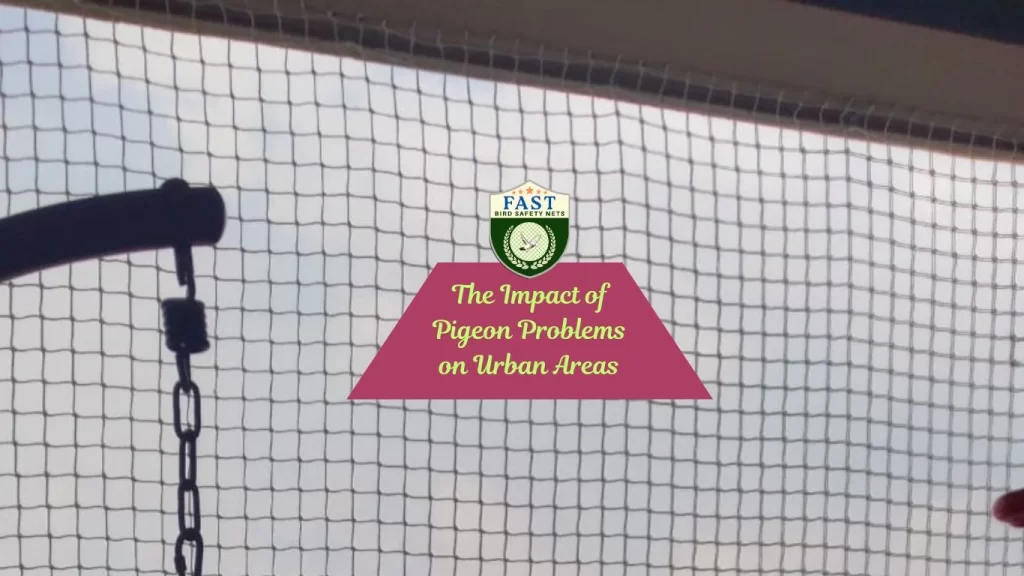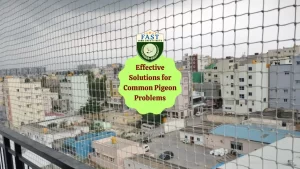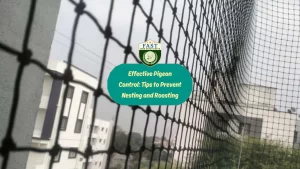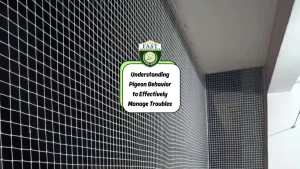Pigeon problems are a common issue in urban areas, posing various challenges for residents, businesses, and local authorities. Here’s a look at the impact of pigeon problems and why addressing them is essential:

- Health Risks: Pigeons carry diseases and parasites such as salmonella, E. coli, and ticks, posing health risks to humans. Their droppings can contaminate surfaces and air, leading to respiratory issues and infections, especially in vulnerable populations.
- Property Damage: Pigeon droppings are acidic and corrosive, causing damage to buildings, monuments, vehicles, and outdoor furniture. Accumulated droppings can degrade surfaces, leading to costly repairs and maintenance for property owners.
- Nuisance and Disturbance: Pigeons create noise pollution with their cooing and fluttering, disturbing residents’ peace and affecting quality of life. Their presence can also deter people from using outdoor spaces and businesses, impacting local economies.
- Risk of Accidents: Pigeon droppings make surfaces slippery and hazardous, increasing the risk of slips, trips, and falls, particularly in areas with high pedestrian traffic. Accidents caused by pigeon-related hazards can result in injuries and legal liabilities.
- Environmental Impact: Pigeon populations can disrupt local ecosystems by outcompeting native bird species for resources and spreading invasive plants through seed dispersal. Their excessive droppings can also contribute to water pollution in urban water bodies.
- Aesthetic Degradation: Pigeon roosts and nests deface buildings and structures, detracting from the visual appeal of urban landscapes. Unsightly droppings and feathers create a negative impression on visitors and residents, affecting community pride.
- Challenges for Pest Management: Controlling pigeon populations in urban areas presents challenges due to their adaptability and prolific breeding. Traditional pest control methods may be ineffective or impractical, requiring innovative strategies for long-term solutions.
Addressing pigeon problems in urban areas requires a multifaceted approach involving cooperation between residents, businesses, and local authorities. Implementing bird control measures such as bird spikes, netting, and deterrents can mitigate the impact of pigeons while promoting safer and healthier urban environments for all.






